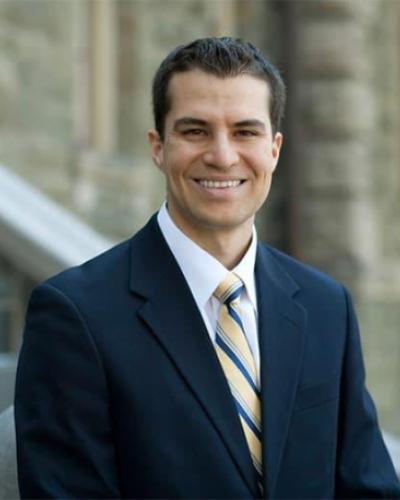The Political Economy of Taxation in Latin America (Cambridge University Press, 2019), a volume edited by Gustavo Flores-Macias, provides the first comprehensive, region-wide assessment of the role of political factors, including public opinion, democratic institutions, natural resources, interest groups, political ideology, and state capacity. What explains the region's low levels of taxation? What explains the low progressivity in its tax structure? And what explains considerable differences across countries? In addressing these questions, each of the volume's chapters makes original theoretical and empirical contributions toward understanding how to overcome the political challenges to taxation.
Paying taxes is one of the least popular activities worldwide. Latin America in particular is notorious for having low direct taxes, weak compliance and enforcement, and high levels of inequality. Although fiscal extraction has gained renewed interest among governments in recent years, with the end of the commodity boom adding special urgency, the successful adoption and implementation of tax reforms is easier said than done, even when tax policy prescriptions are widely shared.
A second book from Flores-Macias: Contemporary State-Building: Elite Taxation and Public Safety in Latin America (Cambridge University Press, forthcoming June 2022), provides scholars and policymakers with a blueprint for contemporary state-building efforts in the developing world, based on evidence from across Latin America and rich case studies from experiences in Colombia, Costa Rica, El Salvador, and Mexico.
If economic elites are notorious for circumventing tax obligations, how can institutionally weak governments get the wealthy to shoulder a greater tax burden? This book studies the factors behind the adoption of elite taxes for public safety purposes. Contrary to prominent explanations in the literature on the fiscal strengthening of the state – including the role of resource dependence and inequality – the book advances a theory of elite taxation that focuses on public safety crises as windows of opportunity and highlights the importance of business-government linkages to overcome mistrust toward government from corruption and lack of accountability.
Gustavo Flores-Macias is Associate Vice Provost for International Affairs and Associate Professor of at Cornell University.





